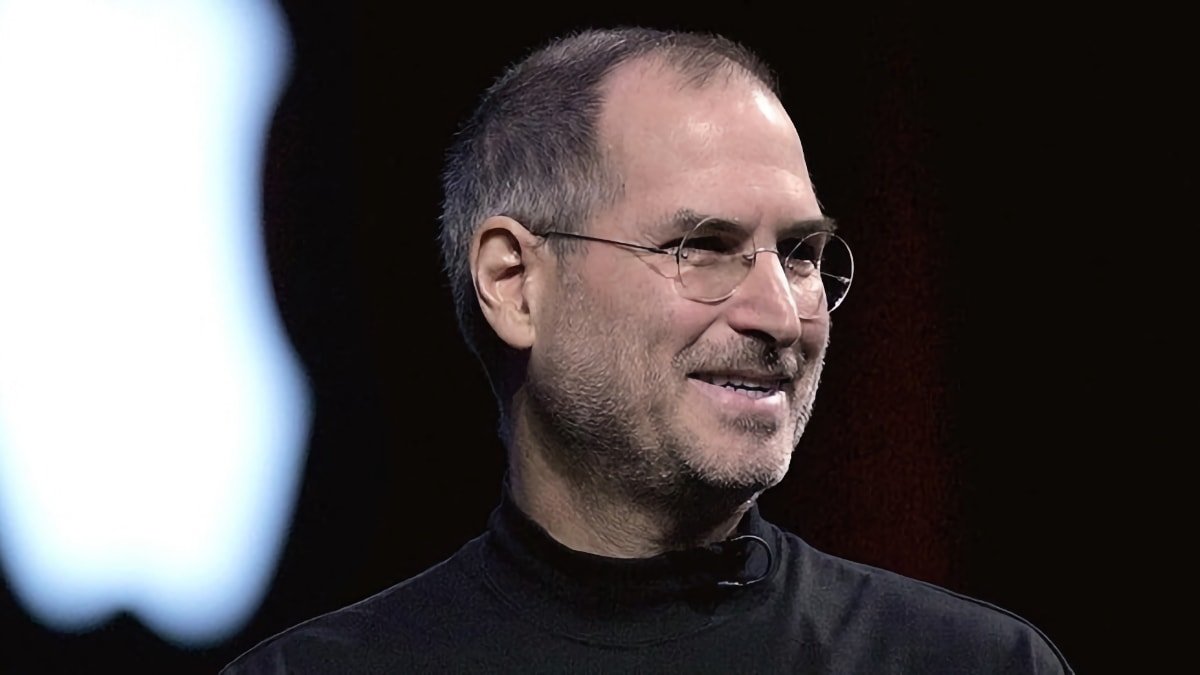TikTok might not have existed without insights from Steve Jobs
The story of TikTok's start highlights how visionary ideas, much like those of Steve Jobs, can have unexpected paths that profoundly impact global technology and culture.
A recent examination of court documents and business transactions reveals a complex web of investments and technological pivots that trace back to an obscure Chinese real estate venture.
In 2009, Susquehanna International Group, a firm well-known for its strategic market placements, invested in a promising Chinese real estate start-up named 99Fang, which boasted a sophisticated search algorithm. The venture didn't meet its commercial expectations but set the stage for what would later become ByteDance, the parent company of TikTok.
During this transitional period, Zhang Yiming, ByteDance's founder, inspired by Jobs' life, envisioned a new direction that would shift from real estate to entertainment and media. Thus, he planted the seed for TikTok, according to a report from The New York Times.
"Our search, image processing, recommendation, etc. are very powerful," Mr. Zhang wrote in a 2012 email. "But these things applied to real estate are very limited."
The detailed court records, a focal point of scrutiny, suggest that Susquehanna's involvement was integral in pivoting the technology from its initial real estate application to a platform that could host dynamic, user-driven content. The pivot mirrors Jobs' capacity for recognizing and harnessing technology in transformative ways that redefine industries.
Current debates and TikTok's future
While TikTok basks in its global popularity as one of the most engaging platforms, it also finds itself under intense scrutiny. US lawmakers are currently engaged in a heated debate over the potential national security risks that could arise from TikTok's Chinese ownership.
Some proposals could lead to drastic measures, such as banning the app or forcing a divestment of its US operations.
The discourse unfolds against a backdrop of wider US-China tensions, spanning trade, technology, and geopolitical rivalries. The outcomes of these debates could not only shape the future of TikTok but also establish precedents for international technology governance.
 Andrew Orr
Andrew Orr














 Amber Neely
Amber Neely
 Thomas Sibilly
Thomas Sibilly
 AppleInsider Staff
AppleInsider Staff
 William Gallagher
William Gallagher
 Malcolm Owen
Malcolm Owen
 Christine McKee
Christine McKee










7 Comments
TikTok annoys the heck out of me, not because I use it (I've seen it and dislike like it, so of course I don't use it), but because it has influenced the creation of stupid Reels on FaceBook (which show nothing but skinny Chinese girls doing who knows what) and Shorts on YouTube (more varied than Reels, but still annoying). It's like a plague. Creates more mindless young people than we ever had before. You sit, and scroll through video clips so short they are utterly worthless. I can't help but think the same mindset applies to people who are addicted to drugs. Meaning, it all mindlessness. No thought involved. It's all in how it makes you FEEL. I fail to see why any educated mind would care for any of that. (Full Disclosure: I don't smoke, drink alcohol of any kind, and I detest coffee; and no, I'm not Mormon.)
So what is "mindful" and the inverse opposite of all that? Why, ready AppleInsider articles, of course! What else?!
And there you have it.
Tik Tok is just Vine reheated.
I've got to echo JDW's comments. One of the reason why I like longer form content is that I've got to commit more time to it and because of this I seek out higher quality content and presentation. Tik Tok has created a constant dopamine hit with short form content missing a lot of protein thus it becomes junk food ingested.
Now I read over the Tik Tok bill and the subtext is very clear. It is about granting the Gov the authority to penalize anyone that is assisting a Foreign Adversary Controlled Application. This means to me at the worst case scenario is I'm providing Internet services to a foreign national company and suddenly I'm told I need to shut their service off or be fined because they are producing content that is at odds with whatever Gov entity official message is.
It has nothing to do with protecting citizens. My wife and I got beat on a home, foreign investor came in with a cash offer. US Citizens are competing against other citizens AND foreign investors for access to US resources but we're being told Tik Tok is a a foreign threat? Make that make sense given I can look at who's manufactured the last ten items I've purchased and 7 of those will be likely manufactured in China. They cannot be the problem with so many of our C-Class Executives depend on China's low labor costs to warrant their exorbitant salary.
Echoing JDW again ...what's nefarious about Tik Tok that isn't equally annoying from FB Stories or YouTube shorts. You know these are bad when
1. They remove playback controls making it harder to get out of the video and often slam you right into the next video.
2. You cannot remove them. If you do a search on YouTube it now returns 70 % Shorts. YT Content Providers were "urged" to make shorts which is another way of saying "If you want to maintain your place in the algorithm you better be creating Shorts"
3. Facebook is now trying to insert pre-roll or interstitial adds onto Stories. So you want me to watch a 30 second Short and a 10 second advertisement?
I'm encouraged by the younger people I meet. They know the Politicians are full of %^&*, that affordable housing is a bigger issue than anything coming over a Wide Area Network and that Media is co-opted.